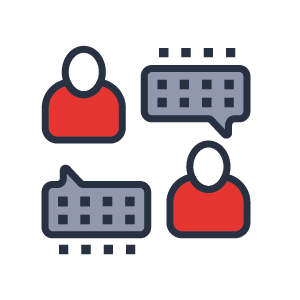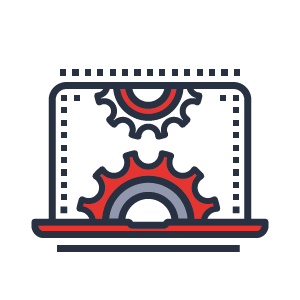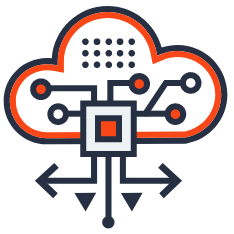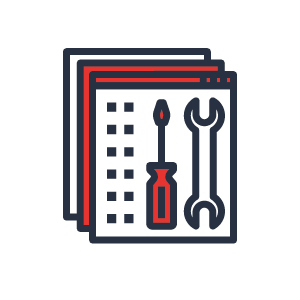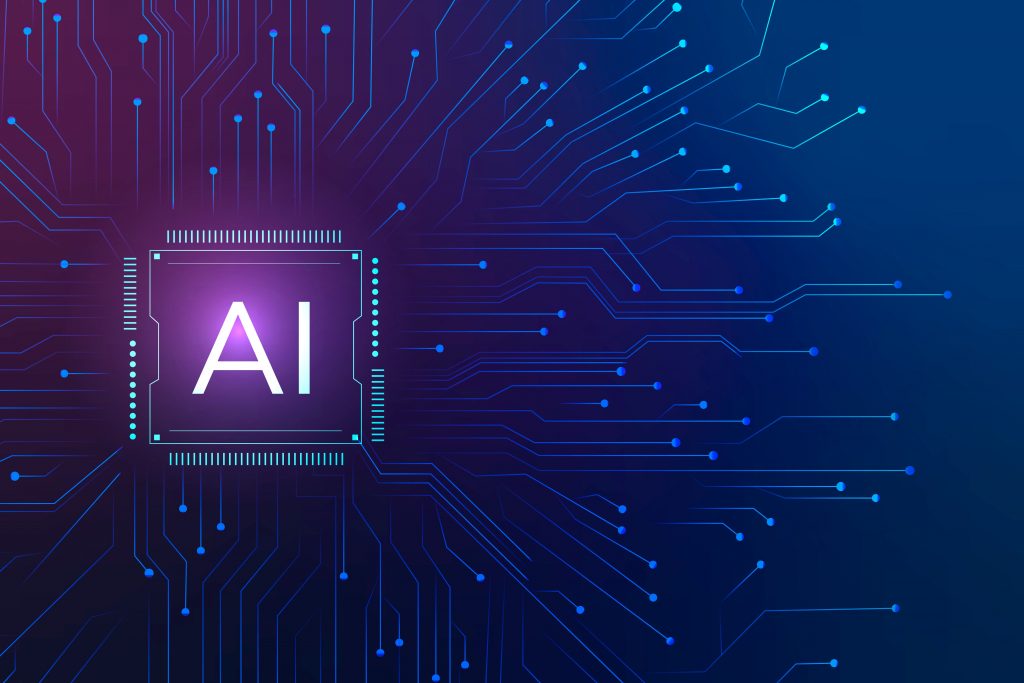
Artificial Intelligence (AI), with its ability to mimic human intelligence, analyse complex data, and generate insights, has permeated multiple industries, driving a paradigm shift in the business landscape.
The coupling of AI with Low-Code platforms and Robotic Process Automation (RPA) further accelerates business transformation by streamlining operations, expediting application development, and improving customer engagement.
In this article, we explore how AI, Low-Code, and RPA facilitate this.
AI in the Business Landscape
In the era of big data, AI has emerged as a powerful tool for businesses. By processing large volumes of data at exceptional speeds, AI algorithms can facilitate data-driven decision-making, predicting trends, and behaviours with astonishing accuracy. This offers businesses the opportunity to enhance their operations, tailoring their services to meet customer demands effectively.
However, AI is not a standalone solution and often needs to be integrated with other systems to maximise its potential. Here’s where low-code platforms and RPA step in, acting as vital cogs in the AI machinery.
Low-Code Platforms and AI
Low-code platforms have revolutionised software development. They allow developers to design applications using pre-built templates and drag-and-drop functionality, significantly reducing the need for manual coding. When paired with AI, these platforms can automate complex tasks and expedite the application development process. AI can enhance low-code platforms by automating aspects of the coding process, such as bug detection, code generation, and optimisation. Moreover, these platforms provide a user-friendly environment for integrating AI capabilities into applications, opening the door for non-technical users to harness the power of AI.
Robotic Process Automation (RPA) and AI
RPA, on the other hand, is designed to automate repetitive, rule-based tasks traditionally performed by humans. These ‘bots’ can handle tasks ranging from data entry to complex administrative operations. When imbued with AI, RPA can manage tasks that require higher cognitive functions, such as decision-making, language understanding, and learning from past experiences. Combining RPA with AI facilitates the automation of end-to-end business processes, significantly reducing manual intervention and resulting in considerable time and cost savings. It allows organisations to move towards a more efficient and effective operational framework, where bots perform mundane tasks, and humans focus on strategic, creative, and decision-making tasks.
Overcoming Challenges and Maximising Benefits
Despite its myriad benefits, the integration of AI with low-code platforms and RPA is not without challenges. These range from technical issues, such as integrating AI with existing systems, to ethical concerns surrounding data privacy and algorithmic bias. Moreover, the successful deployment and management of AI systems require skilled professionals, creating a demand for continuous learning and upskilling.
Businesses can address these challenges by establishing a clear implementation strategy, fostering a culture of continuous learning, investing in skill development, and choosing the right tools and platforms tailored to their needs. Ensuring data privacy, addressing AI bias, and promoting transparency should also be high on their agenda.
Future Implications and Job Roles
The future of AI in business, particularly when combined with low-code platforms and RPA, looks promising. As these technologies advance and become more accessible, they will continue to drive operational efficiency, business innovation, and competitive advantage.
While some fear that the rise of AI and automation will lead to job losses, it’s more likely to cause a shift in job roles rather than outright displacement. As AI, low-code, and RPA automate repetitive tasks, employees will need to upskill and reskill to work with these new technologies, focusing more on tasks that require human creativity, emotional intelligence, and strategic thinking.
The Shift in Job Roles and the Need for Reskilling
The integration of AI, low-code platforms, and RPA will also lead to a significant shift in job roles. Employees will have to upskill or reskill to adapt to the changing business landscape. Companies should invest in continuous learning programs to train their employees and equip them with the skills needed to operate these new technologies effectively. Many businesses are already adopting a ‘bot-and-human’ workforce approach, where AI and RPA systems take over repetitive tasks, and humans focus on more strategic and decision-making roles. This collaborative work model is anticipated to increase job satisfaction and productivity, further driving business growth.
A Vision for the Future
Looking ahead, the combination of AI, low-code platforms, and RPA will undoubtedly continue to shape the business landscape. As these technologies become increasingly sophisticated, we can expect to see more personalised customer experiences, efficient business processes, and innovative solutions to complex business challenges. Organisations that embrace these technologies and successfully integrate them into their operations will likely gain a significant competitive advantage. However, the key to success lies in effectively managing the transition, addressing the ethical implications, and creating a future-ready workforce.
The intersection of AI, low-code platforms, and RPA represents a profound shift in the way businesses operate. It offers an exciting opportunity for businesses to optimise their operations, drive innovation, and position themselves at the forefront of their industry.
Discover what AI, RPA and low-code automation can do for your business
To fully explore the automation potential and how it can benefit your organisation, reach out to our team of automation experts for a tailored demo.


